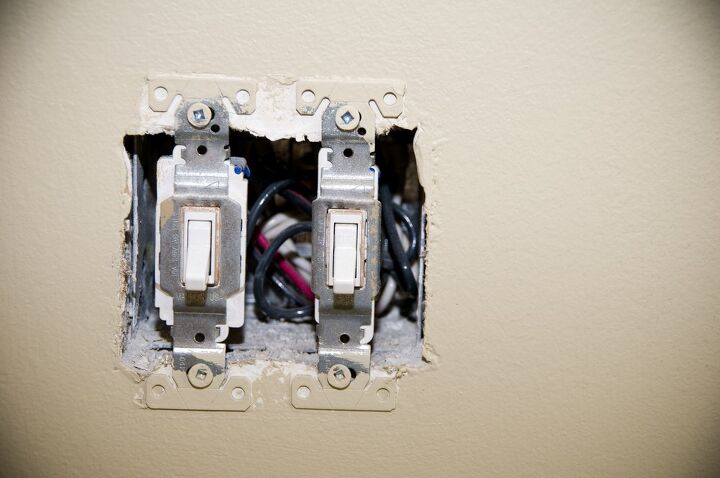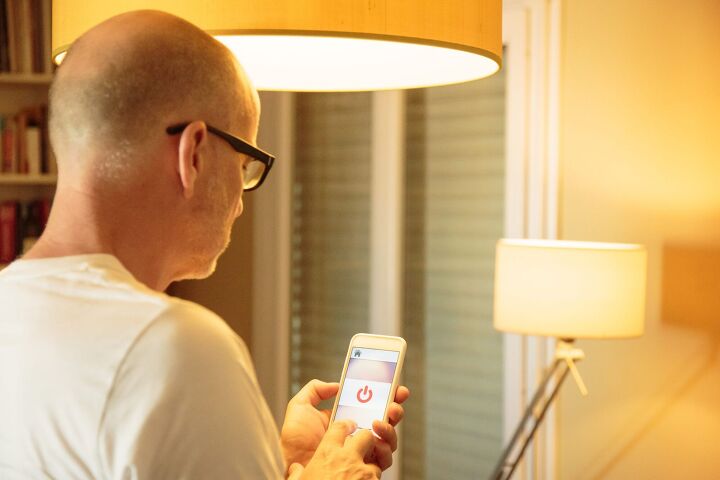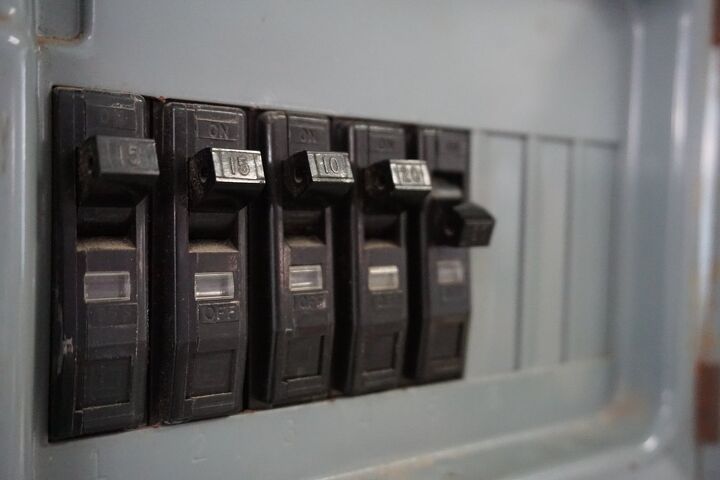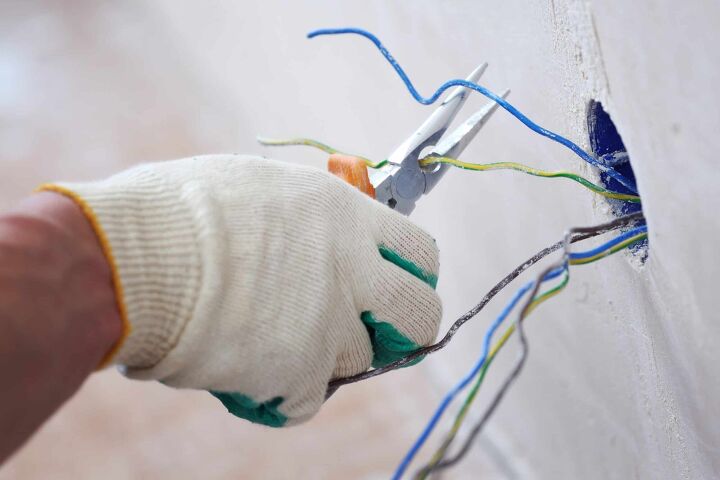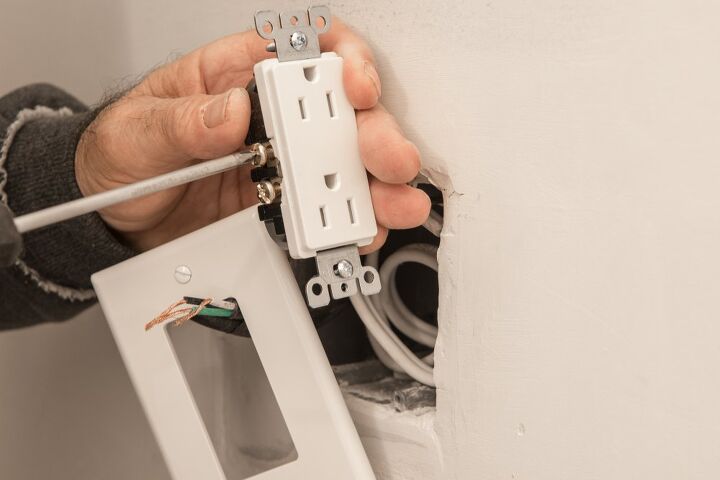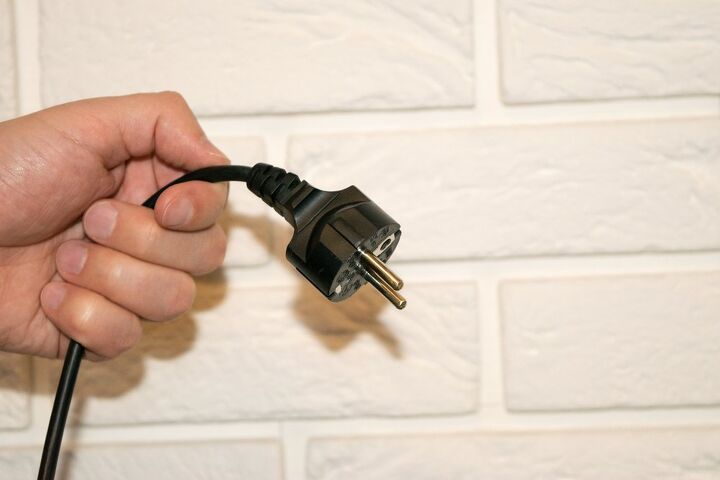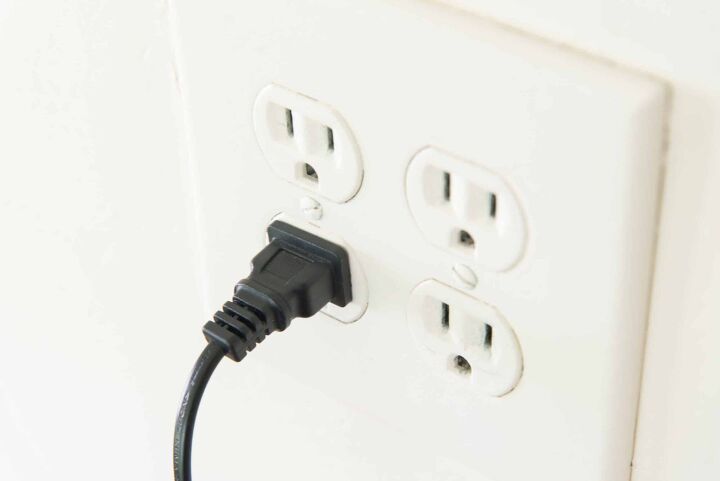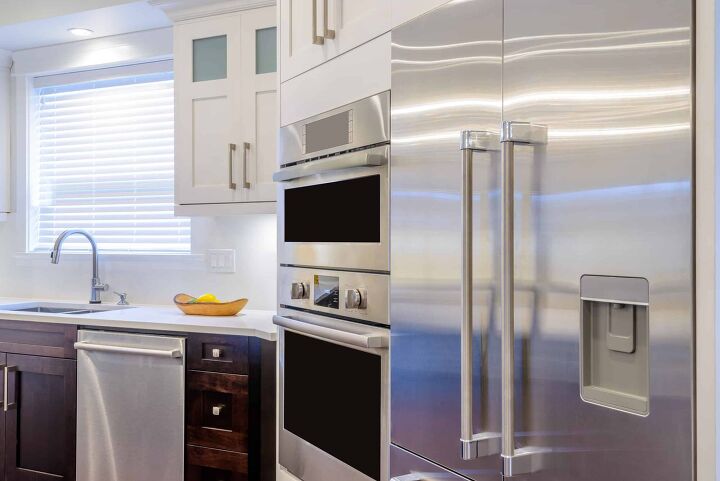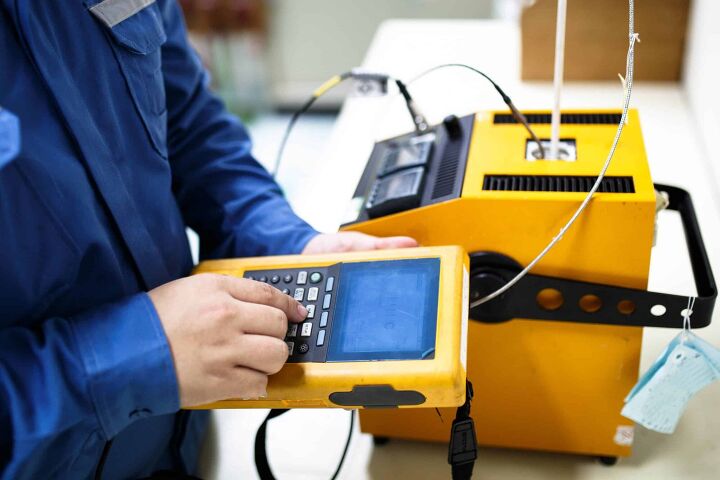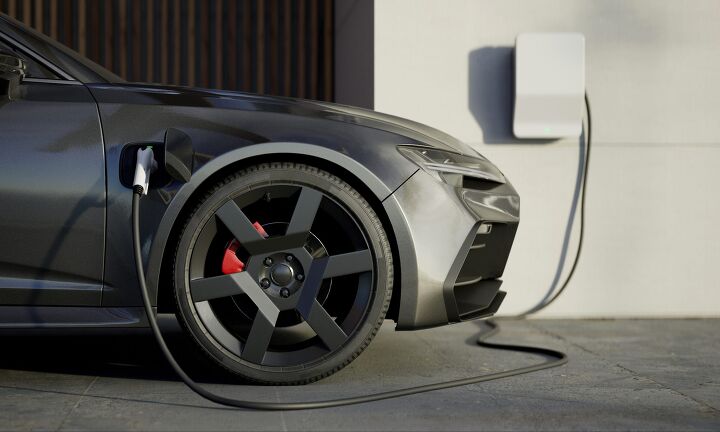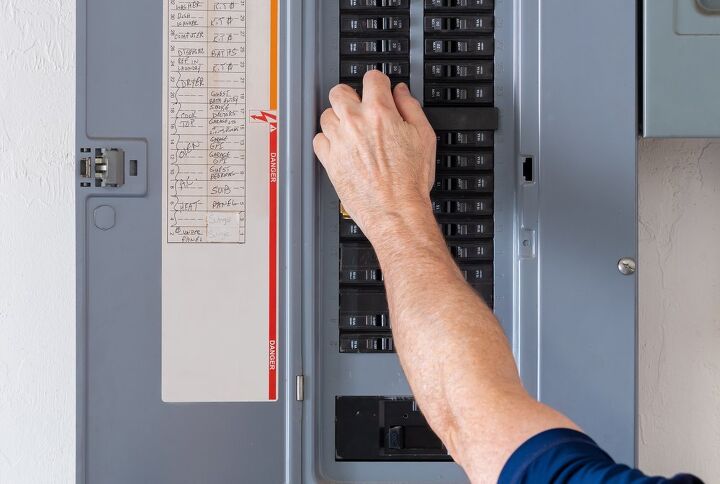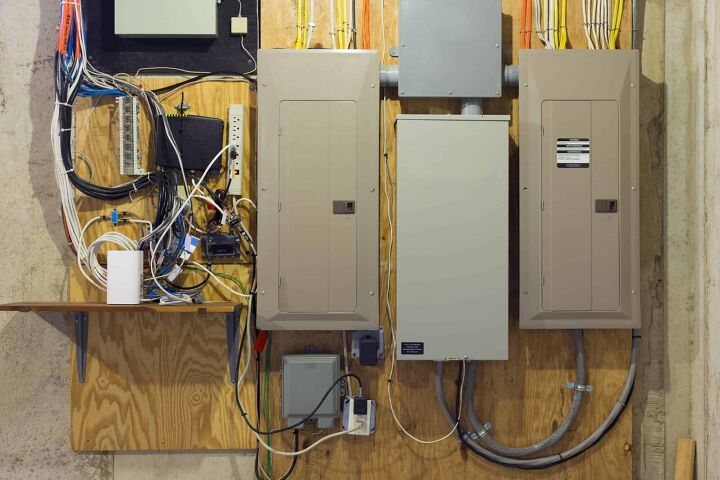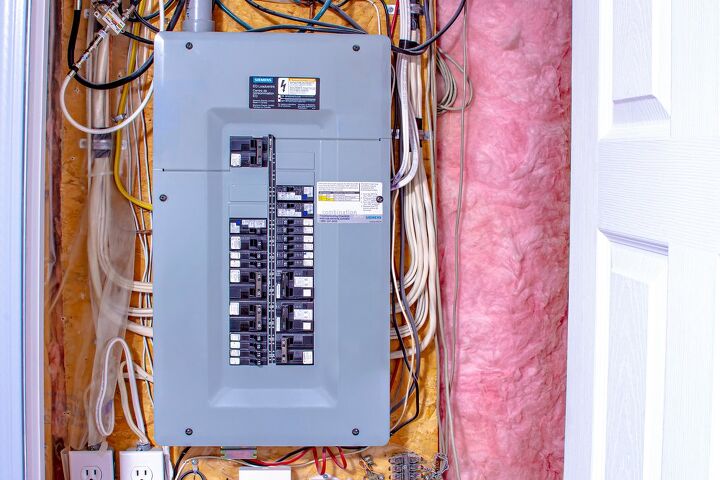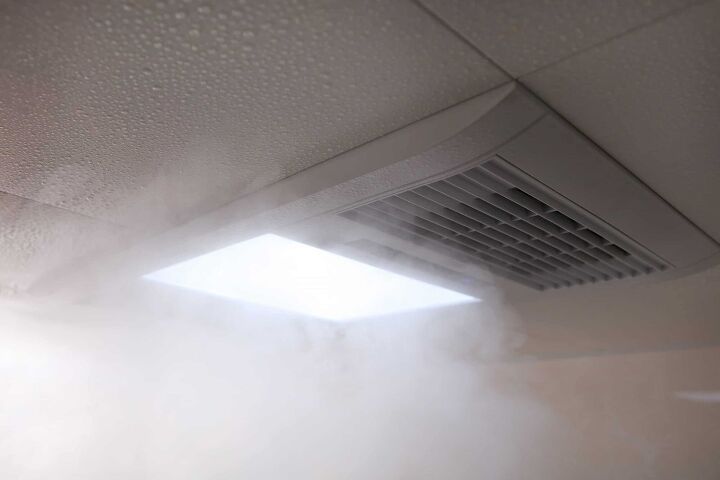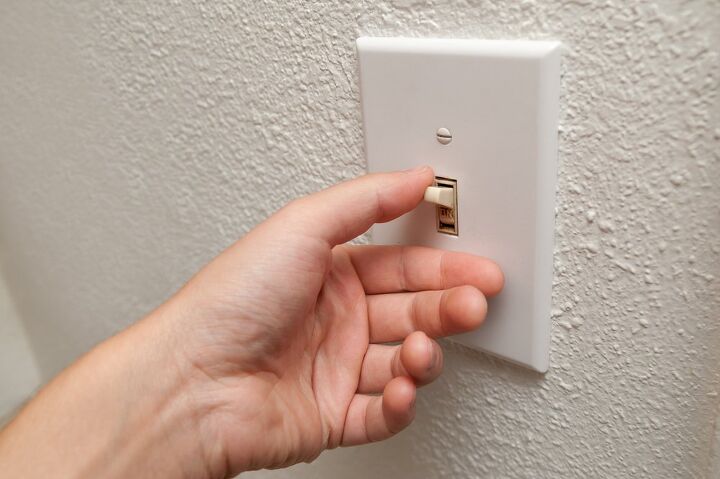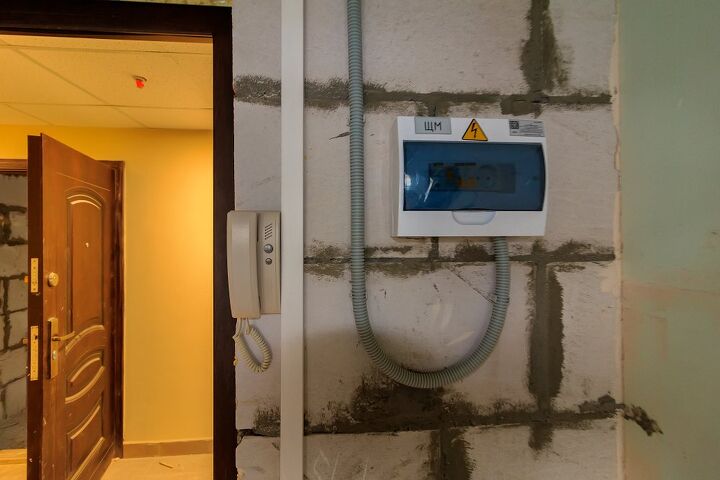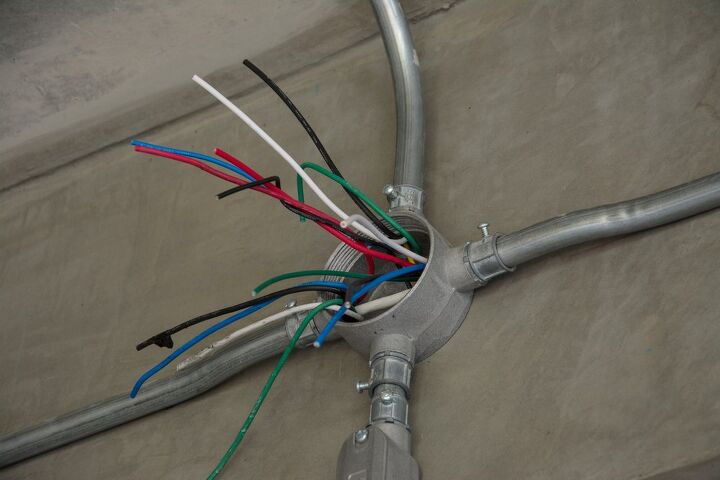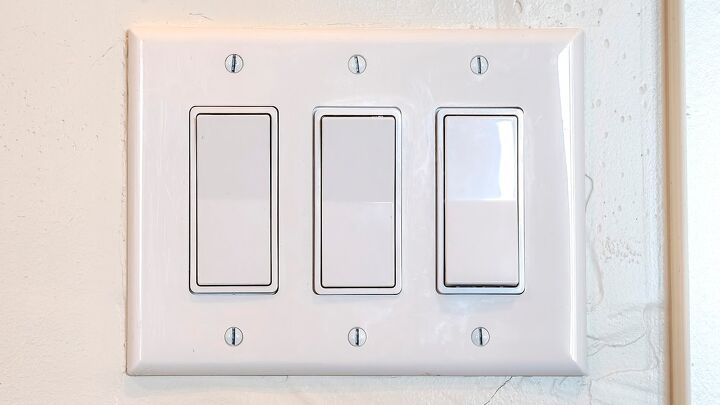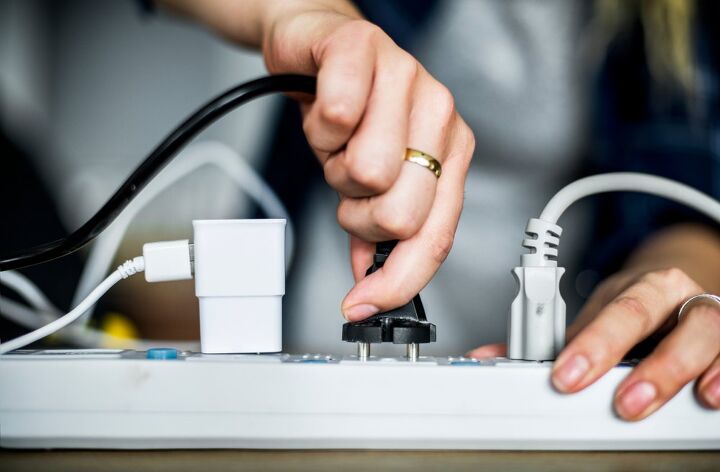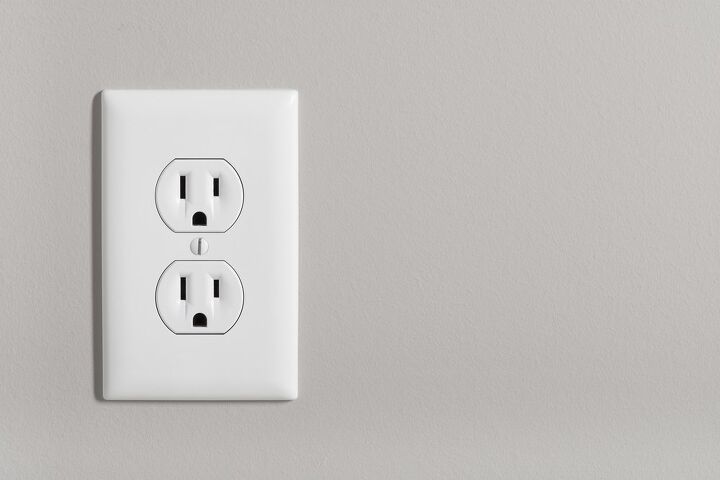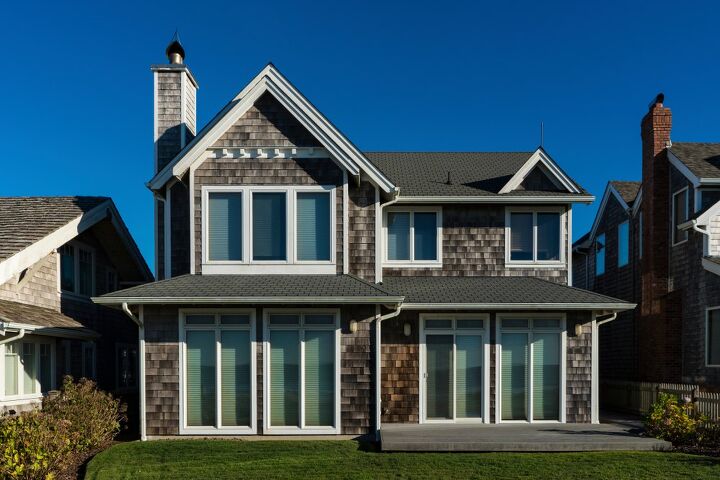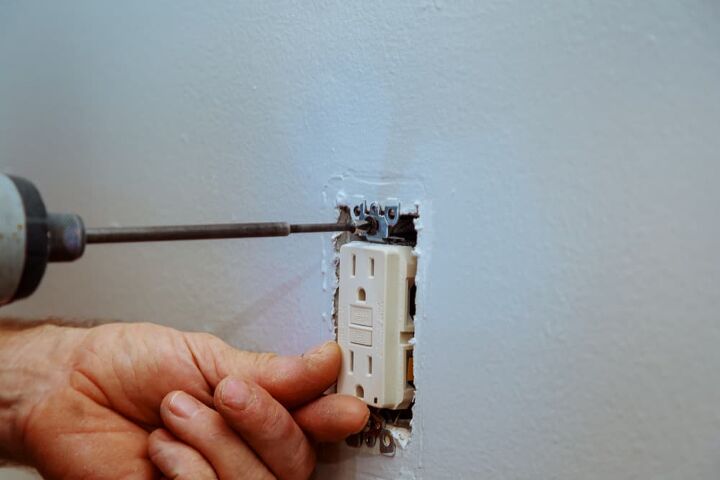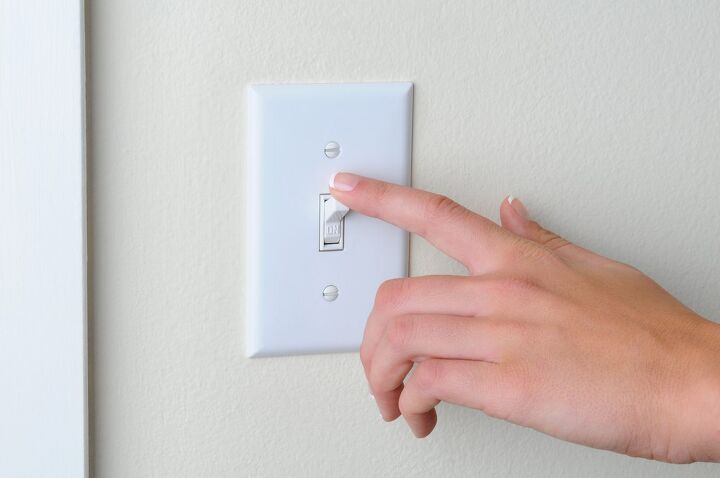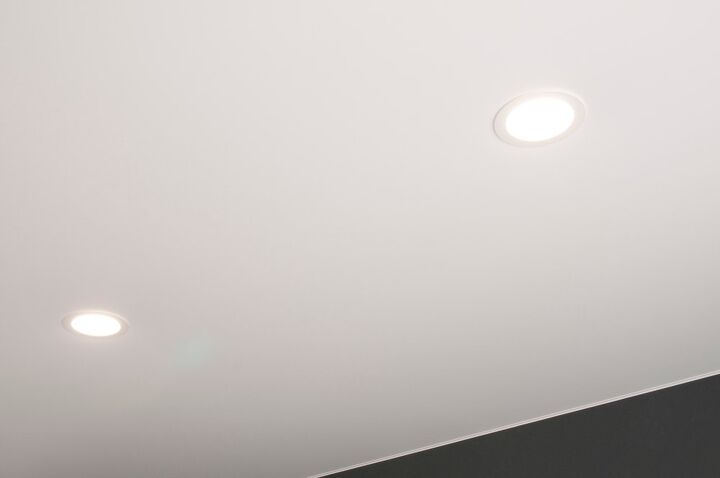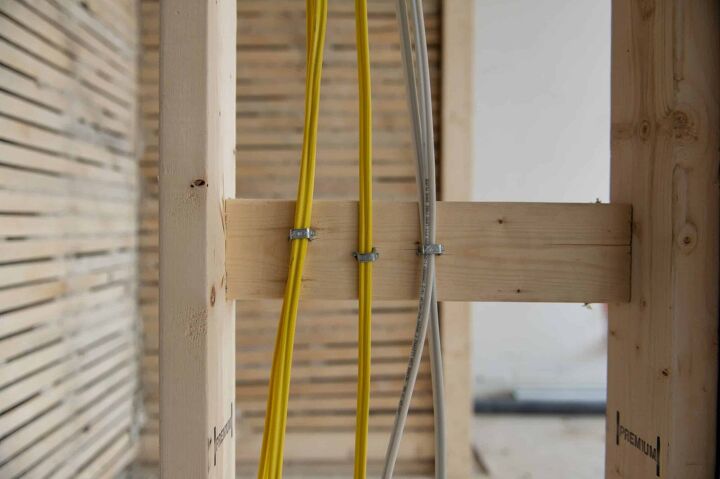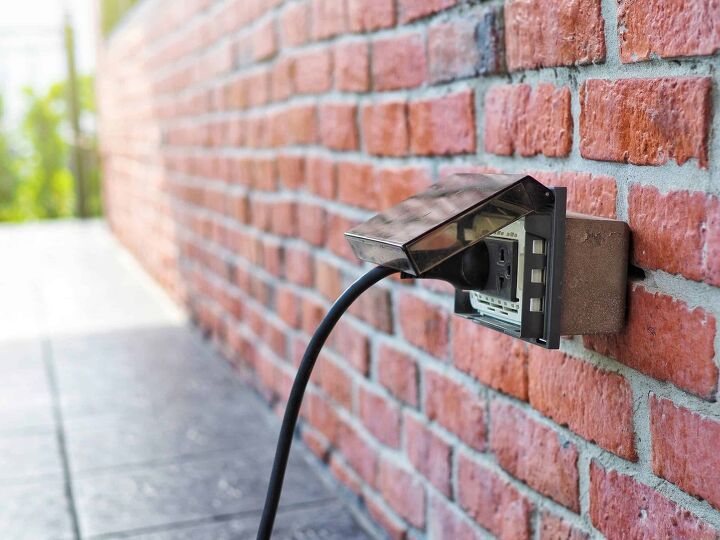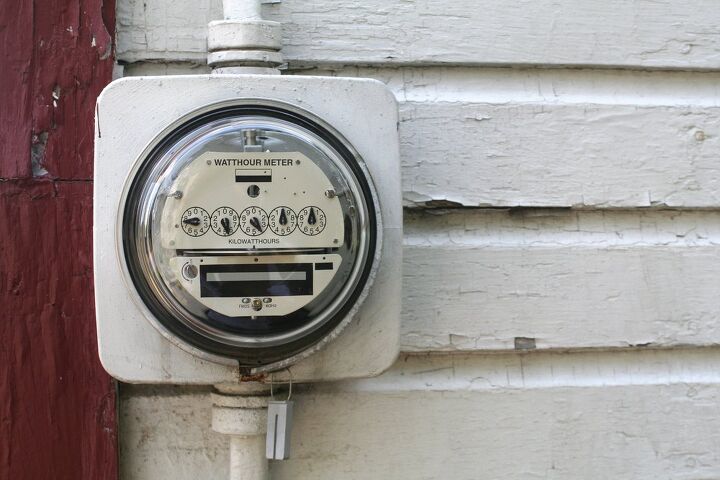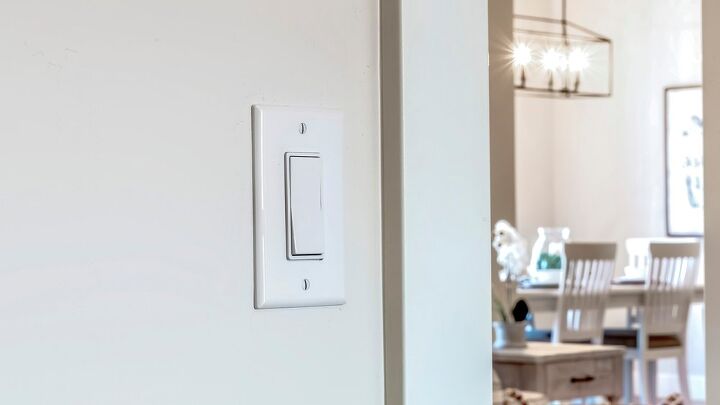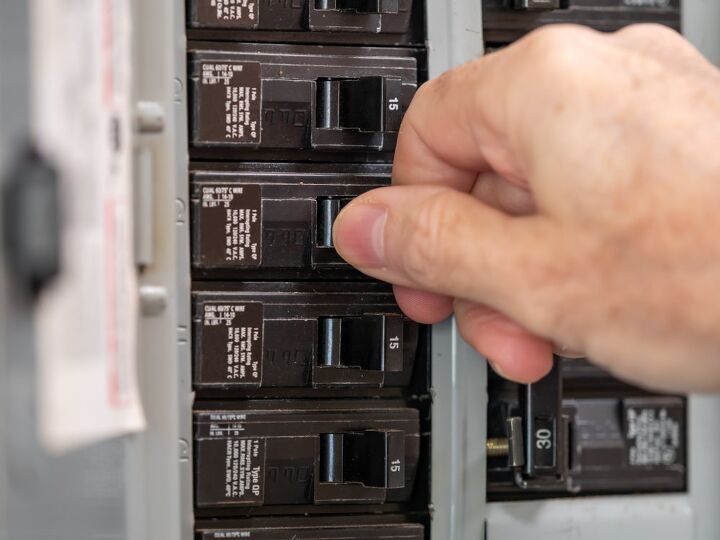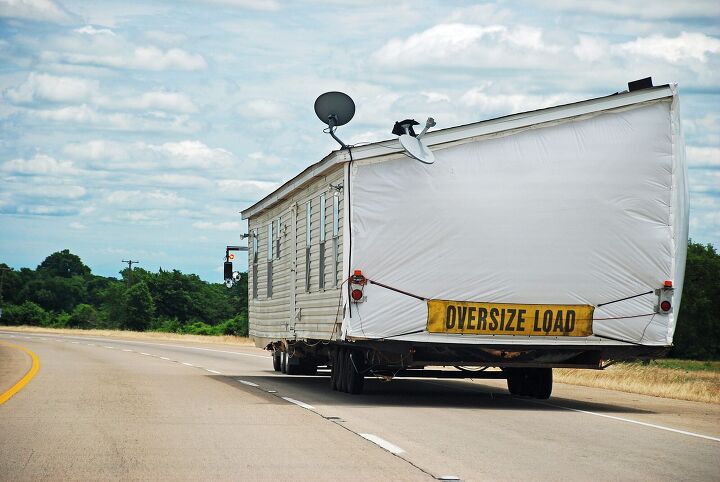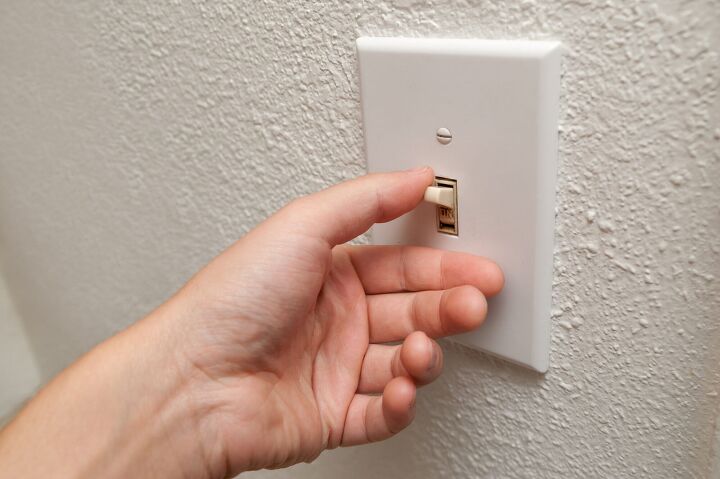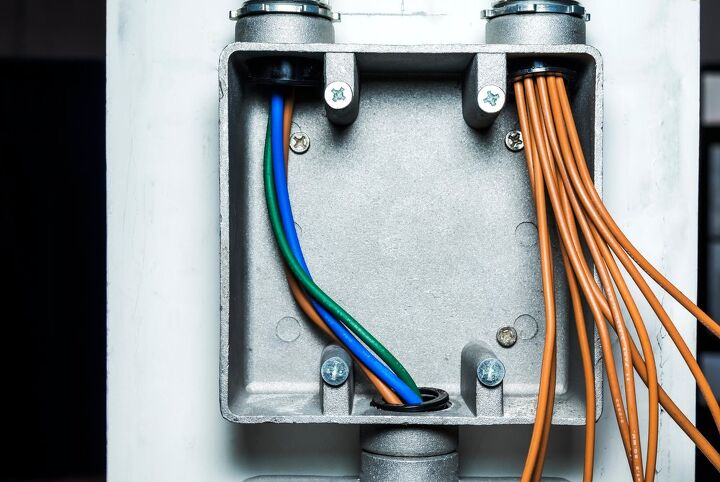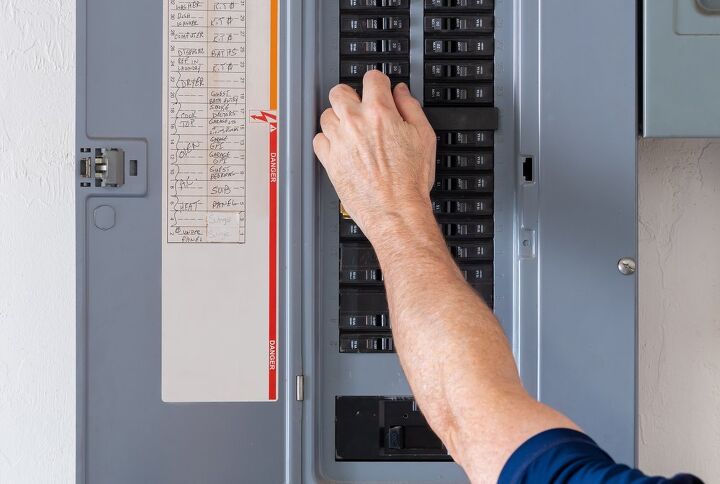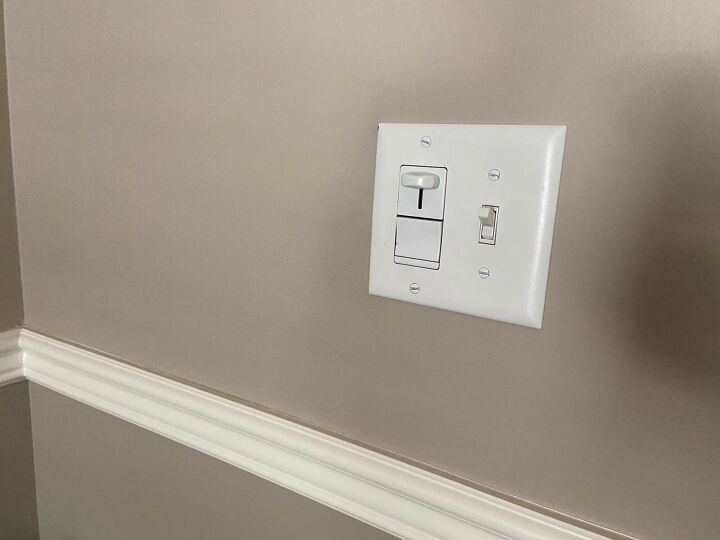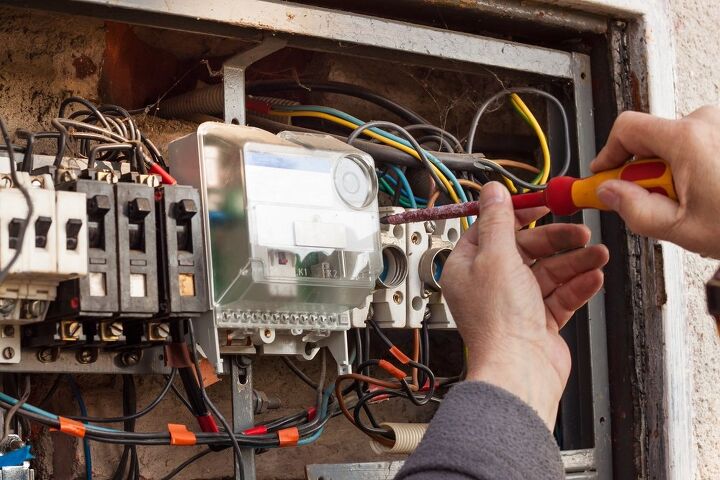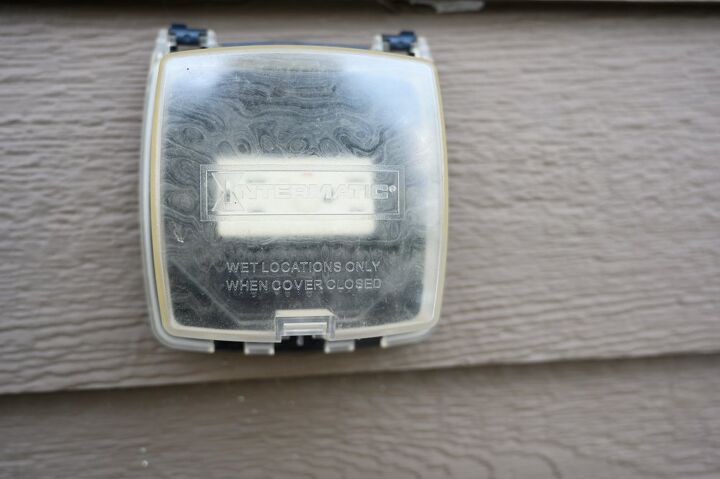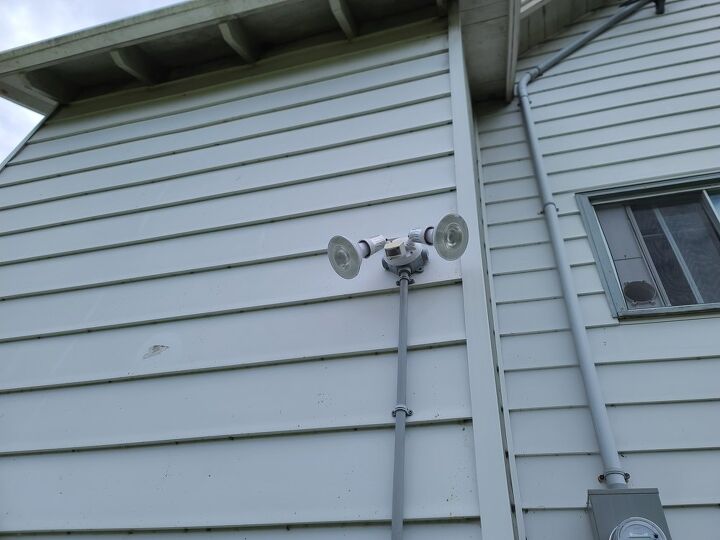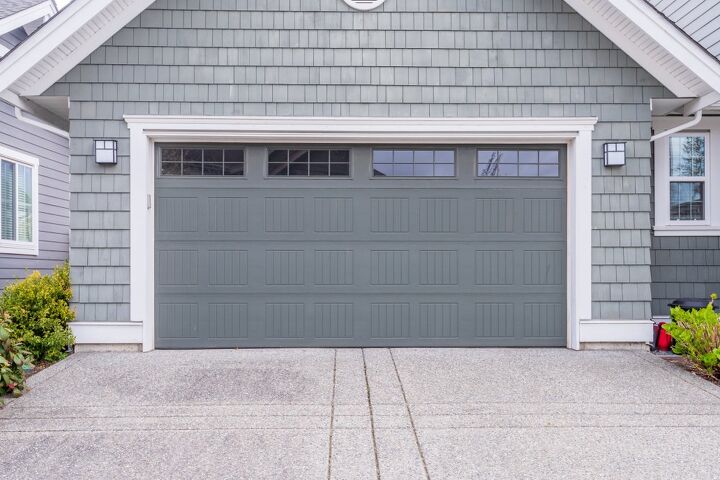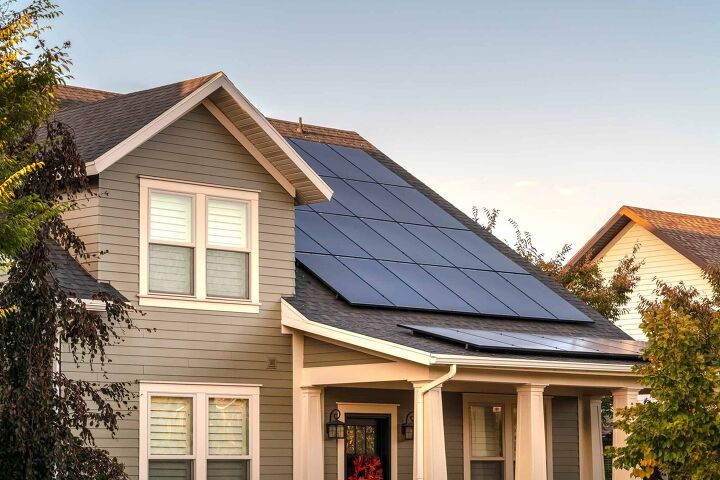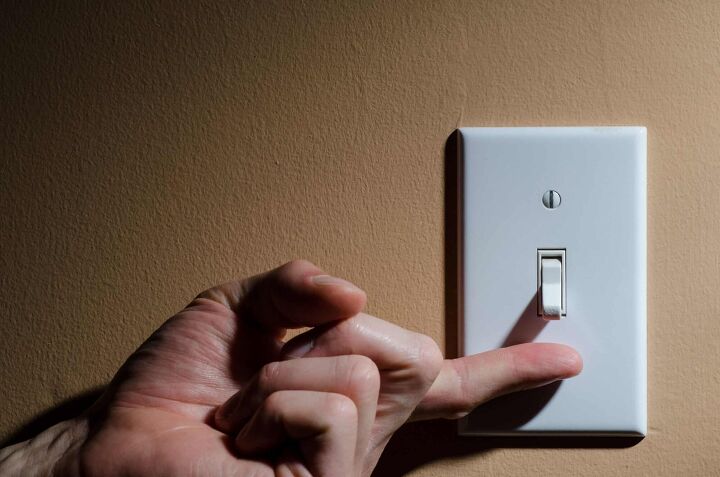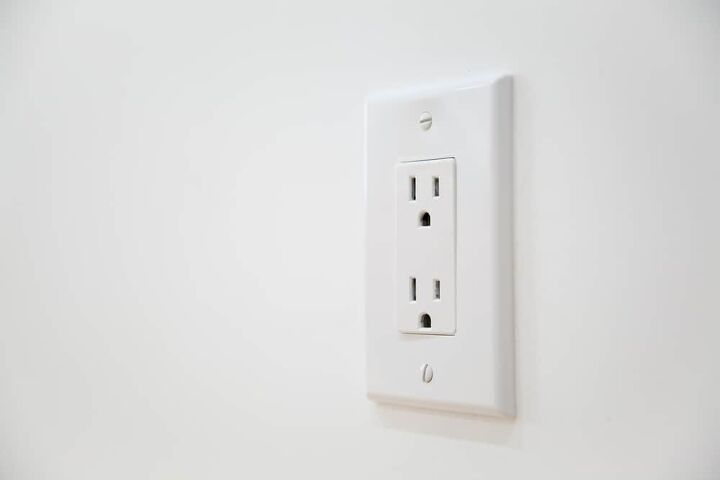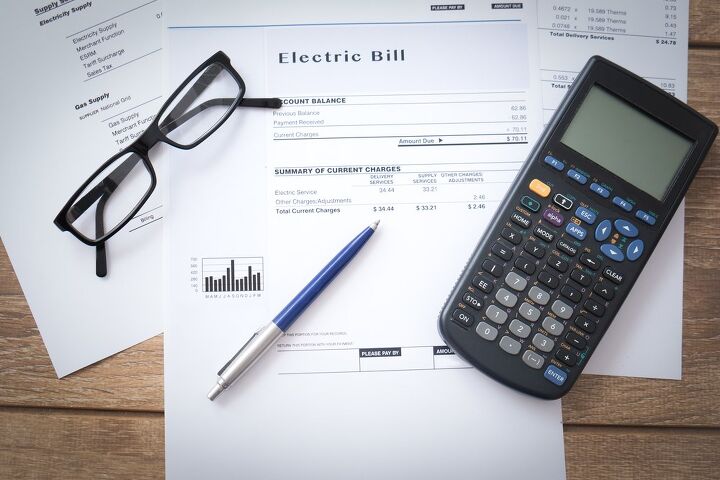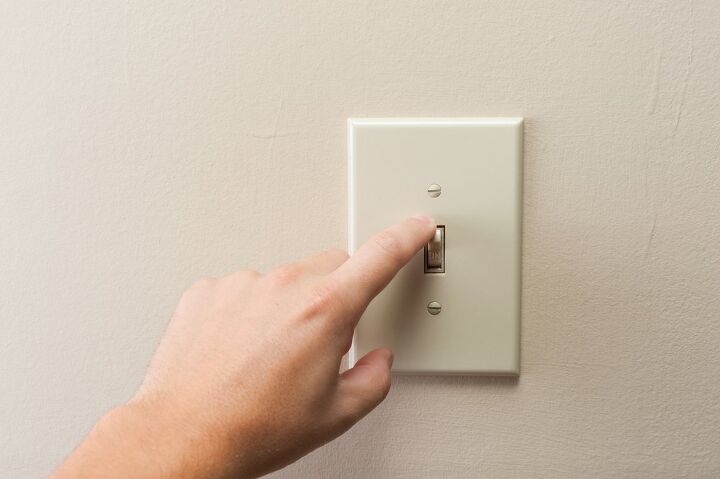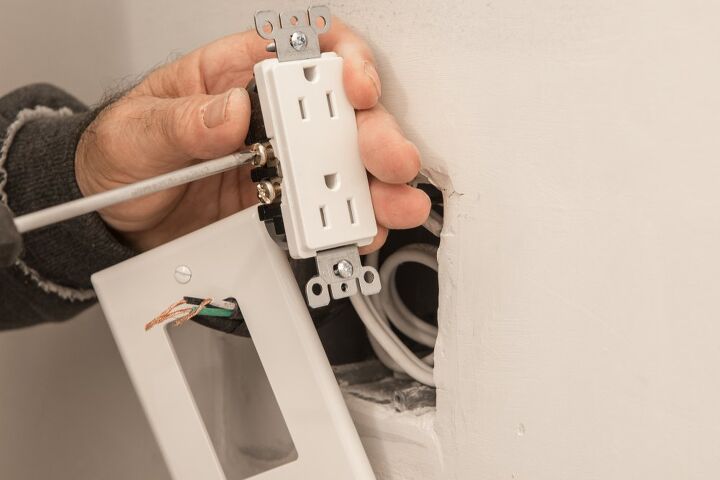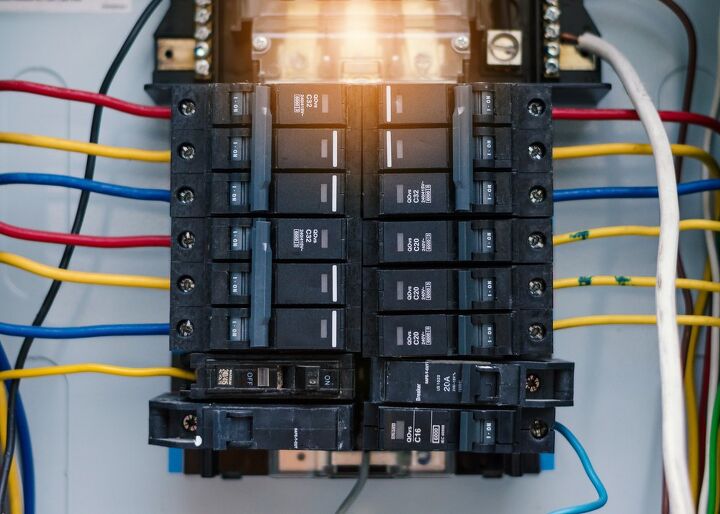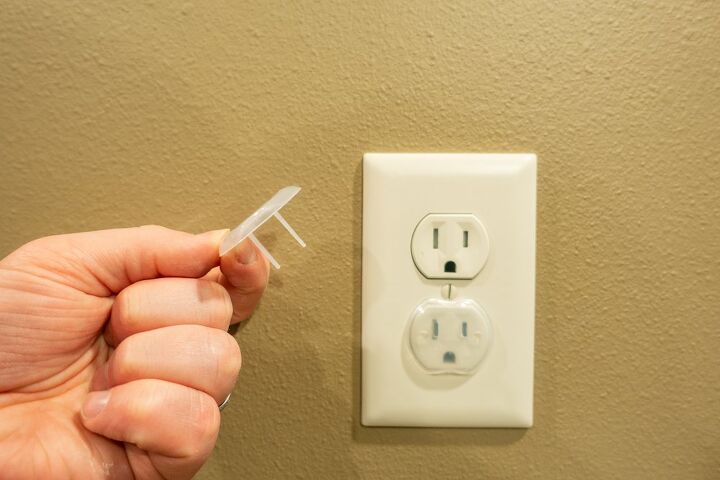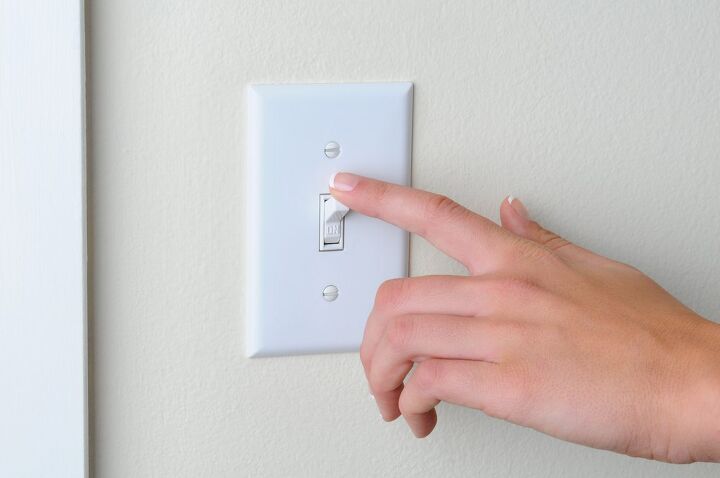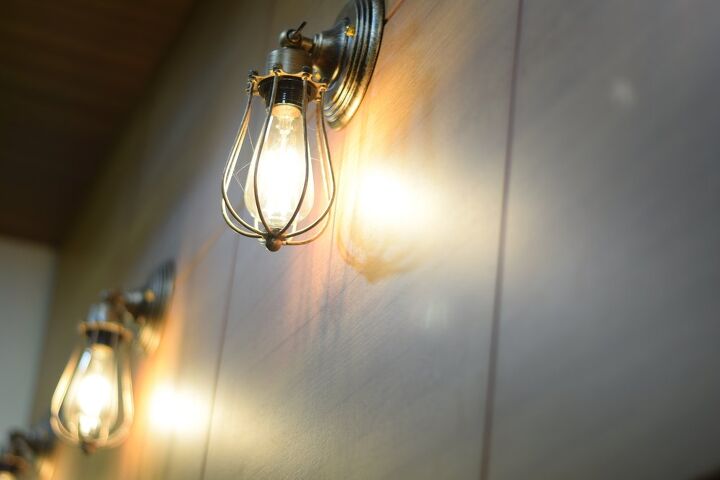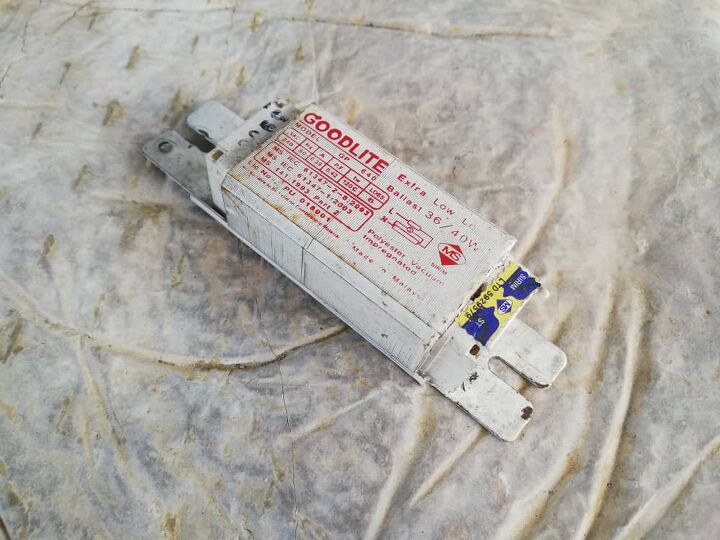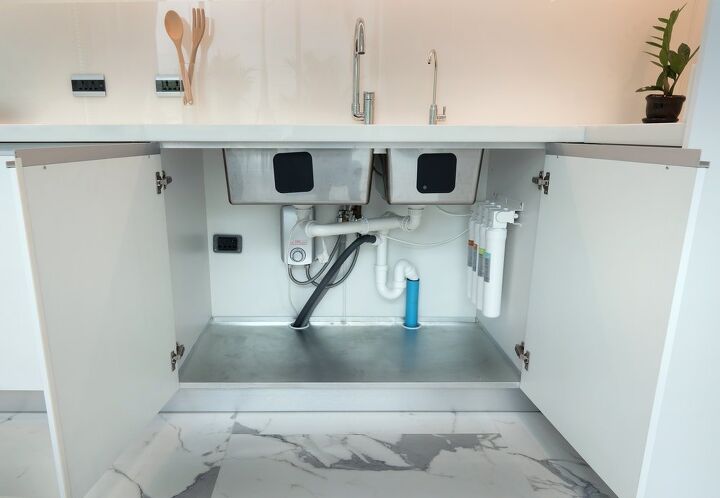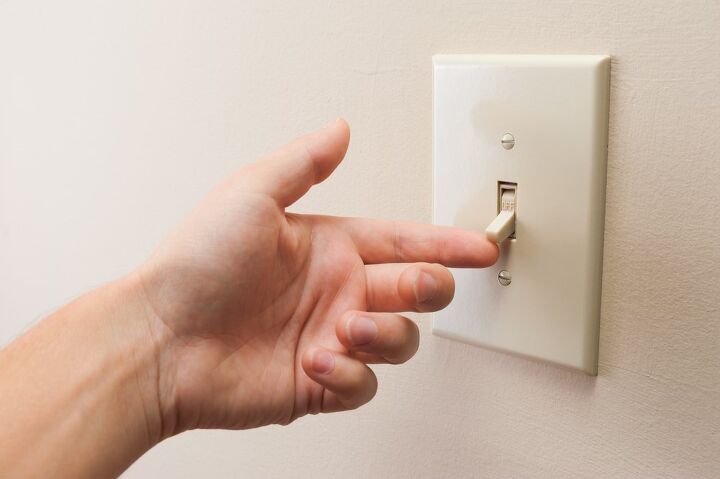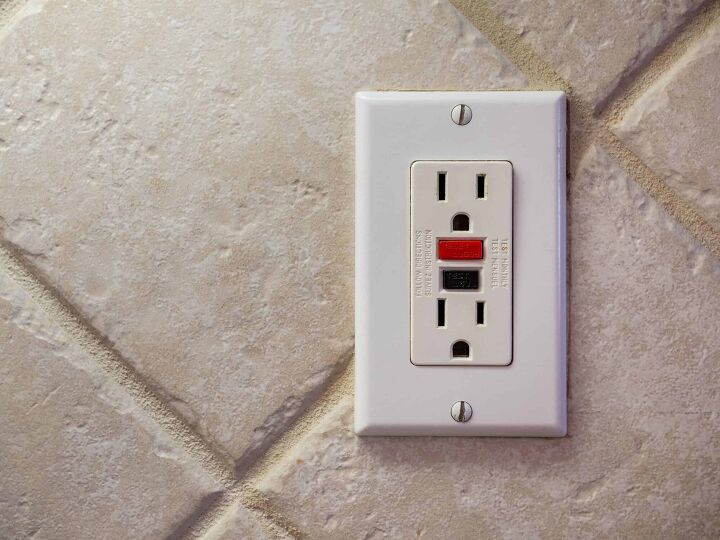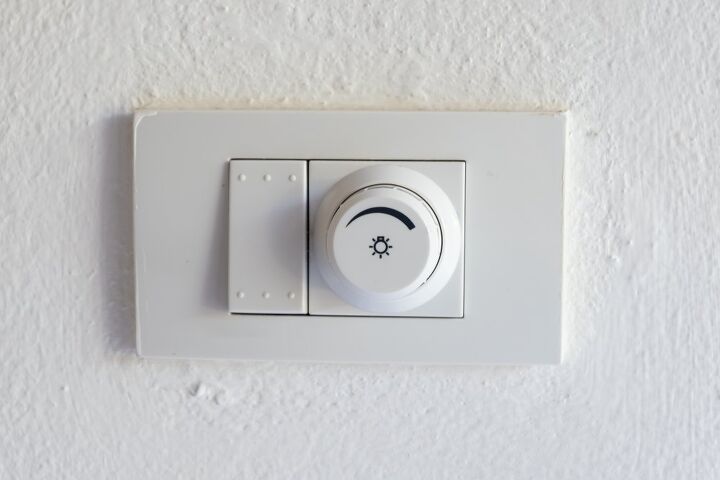Why Do I Have Two Black Wires On My Light Switch?
How many people does it take to change a light bulb? This old joke comes with a variety of tongue-in-cheek answers. However, when we start talking about changing a light switch, the jokes die down a bit. Changing out your old almond light switch for a more modern look is not as hard as it may seem. However, if you are new to the game, it is better to call an electrician or try it out under the eye of someone experienced in the field.
Do Smart Plugs Save Energy?
Countless homeowners have done everything that they can to transform their houses into smart homes. It’s easy to overlook certain simple devices that make it easier to go about your day as a homeowner, such as smart plugs. So, do smart plugs save energy?
Do Smart Bulbs Use Electricity When Off?
Deciding whether or not to upgrade your lighting to smart lighting is a big decision. There is, of course, the initial investment. At $30 or $40 a bulb, switching your entire home over to smart bulbs is no small price to pay. But the benefits are numerous.
What Breakers Are Compatible With Challenger?
Challenger circuit breakers and service panels were popular during the 1980s and 1990s. Thousands of these Challenger electrical systems were installed in homes built during this period. Unfortunately, experience showed that certain Challenger circuit breakers overheated during normal use. If you have Challenger components in your home, it is critical to replace those breakers. Replacement breakers for Challenger products are available.
How To Rewire a House Without Removing Drywall
Often times, when builder-owners plan to rewire a house, it is to protect the drywall from fire hazards. Things get slightly complicated, however, when builder-owners are faced with the thought that they may have to remove drywall. You don’t need to worry, because you can rewire a house without removing drywall, and it’s easier than it sounds.
Are Ungrounded Outlets Safe? (No, Here's Why)
Are ungrounded outlets safe? No, definitely not. Ungrounded outlets are NOT safe. They’re significantly more dangerous than grounded outlets, and that’s why the National Electrical Code, in 1947,* began requiring certain areas of new constructions to have three-pronged, “grounded” outlets. Ungrounded outlets don’t protect against surges and significantly increase the risk of electrical fires.
Lights Dim When AC Turns On? (Possible Causes & Fixes)
There is no mistaking when the AC comes on in your house. Not only can you hear the condensing unit start, the lights in the house flicker, dimming for a few moments each time. What does it mean with the lights dim each time the AC turns on?
Do I Need A Permit To Install 240v Outlet? (Find Out Now!)
We often use 240-volt outlets in our homes to power large appliances like air conditioners and clothes dryers. If you’ve recently purchased a new appliance, you may find that you need a new 240-volt outlet to power it. Can you install it yourself, or is it necessary to get a permit and involve a professional?
Plug Gets Hot When Plugged In? (Possible Causes & Fixes)
An electrical outlet (also referred to as an electrical receptacle) is the place where you plug in all your appliances and electrical devices. When functioning correctly, these will stay at room temperature.
Can A Dishwasher And Disposal Be On The Same Circuit?
A modern kitchen needs to be able to do a lot, sometimes without much space. There needs to be a way to store and prepare food, clean and store dishes, and dispose of trash.
How Do You Know If You Have A Bad Thermocouple?
If you have gas-fired appliances such as a water heater, space heater, or cookstove, these appliances may have one or more thermocouples. If you begin to experience problems with the pilot lights on these appliances staying lit, you probably have a bad thermocouple. But, how do you know if you have a bad thermocouple?
Does An EV Charger Increase The Value Of Your Home?
In this modern world with so many advances in home design, functionality, and technology, there seems to be an endless number of ways to improve your home. Whether it’s turning it into a smart home or making your house as energy efficient as possible, there are lots of ways to make your home better. Some of these improvements are personal preferences, while others can drastically increase the value of a home. Take installing an EV charger in your home for example. Is this simply a personal preference, or can installing an EV charging station increase the value of your home?
What Is A Double Tapped Breaker: Dangers and How to Fix Them
Circuit breakers protect your electrical system and home. If a circuit is overloaded, the breaker is tripped to cut off the flow of electricity. Normally each breaker has only one wire, but double tapped breakers are common. The problem may be identified by an electrician or home inspector.
Power Goes Off, Then Comes Back On? (Here's Why)
It is understandable to be concerned when your power goes out and comes right back on. The power can go out without explanation and come right back on baffling any homeowner. So, what does it mean when the power goes out and comes back on, and should you be concerned?
Signs Your Electric Panel Needs An Upgrade: Plus Pros/Cons & Costs to Replace
The electrical system in your home is one of those things that get very little attention until something goes wrong. Unfortunately, when something does go wrong, the results can be rather spectacular. In too many instances, the results are also deadly. It is important to recognize the signs that your electrical panel needs an upgrade.
How To Wire A Bathroom Exhaust Fan With Light And Heater
That combination light, heater, and fan in your bathroom has finally gotten so noisy that you can’t stand it anymore. Working with electrical circuits in your home is usually a job for a trained and licensed electrician. However, if you are replacing an existing unit, this project is well within most homeowner’s abilities.
What Is The Difference Between A Single And Double Pole Switch?
Switches are used for operating lights, fans, garbage disposal, and even large electrical mechanisms. However, not all switches are the same. Planning out which switches and sockets to have in your home bears many questions.
Neutral And Ground On Same Bar In The Subpanel? (Fix It Now!)
The electrical components of your home or business can require professional intervention much of the time for good reason. Not only is it a complicated setup, especially to DIYers, but it is dangerous as well. Plus there is the potential of installation going wrong on top of all that.
EMT Vs. Rigid Conduit: What Are The Major Differences?
It is easy to understand why electrical wiring needs to be protected from damage or exposure to the elements. Your local electrical code will often require that electrical wiring be run through a conduit of some kind. There are a variety of different conduits available. EMT (Electrical Metallic Tubing) and rigid conduit are two of the most common. It is important to understand the difference between these two products.
Rocker Vs. Toggle Light Switch: What Are The Major Differences?
If it’s time to update the switches and sockets in your home, you may be considering a range of options. Additionally, you are probably considering what kind of finish you want; nowadays brushed chrome, nickel, and brass are popular options.
Can I Share My Electricity With My Neighbor?
It’s no secret that heating your home with electricity can be expensive. Because of that, it may have crossed your mind to share the burden with a neighbor instead of paying for everything on your own. That begs the question: is this even possible?
How Many Outlets Can Be On A 15 Amp Circuit? (Find Out Now!)
Outlets allow us to power the modern necessities in life, running electricity to our lighting, appliances, or phone chargers. Having outlets in convenient locations around the house is ideal and can help make life easier. In most modern homes, there is usually at least one outlet on every wall. To keep homes safe, code dictates how many outlets can go onto a 15 amp circuit, standard for most homes.
Cedar Shake Siding Vs. Vinyl: Which One Is Better?
If you take a look at most suburban homes, vinyl siding is the classic go-to. It’s everywhere! Though vinyl is going to be one of the most common siding types you may see, cedar shake is still fairly popular in upscale neighborhoods. They tend to get a good rep. If you’re ready to upgrade your home’s exterior, then you might be wondering what you should choose. Honestly, it’s a rough debate.
How Much Does It Cost To Rewire A House?
House rewiring is one of the heftiest projects a homeowner can expect. Nonetheless, it is a necessary one to keep your house safe and compliant.
Why Is Electrical Wire So Expensive? (Find Out Now!)
Whether you’re in the midst of a new construction project or rewiring a house, purchasing electrical wire is a must. The overall price of wires varies based on material and square footage, but there’s more to the story, too.
Why Does My Light Switch Get Hot? (Find Out Now!)
If your light switch is hot to the touch, it could be related to a few different reasons. But the biggest thing to note is a hot light switch is a fire waiting to happen. As soon as you notice the temperature is warmer than warm, call a professional right away.
My Recessed Lights Are Not Working (Possible Causes & Fixes)
Recessed lights are a visually appealing and modern way to add depth to a room. You can change the aesthetic of a room completely when you install recessed lights, that is when they work. So, what does it mean when my recessed lights are not working?
Can Romex Be Exposed In The Garage?
Electrical wiring is not only for the main areas of the house anymore. Modern homes may see electrical wiring throughout the property, running into sheds, garages, and even patios or decks. It only makes sense with the prevalence of flat-screen televisions as they can be placed just about anywhere with a simple electrical connection.
How High Should An Outdoor Electrical Outlet Be?
As outdoor electrical outlets are subjected to different weather patterns, installing them falls under strict building codes.
Can A 10-Gauge Wire Handle 40 Amps? (Here Are the Details)
There are a lot of variables that go into determining whether a 10-gauge wire can handle 40 amps. The higher the amperage rating of the circuit, the larger the wires must be. This helps avoid fire by cutting down on excess heat that melts the wires.
2022 Electric Meter Installation Cost
When planning out your expenses for the months ahead, it helps to know how much you regularly pay for certain bills. That knowledge can help you better distribute your finances. It can save you from potential budget shortages near the arrival of your next paycheck.
3-Way Switch Only Works When Both Switches Are On? (Fix It Now!)
Modern homes are filled with all sorts of electronic conveniences. Many homes come with switches that can turn on a light or device from multiple locations. These switches, called 3-way switches, are a very common convenience in many homes today. But What do you do when the switch is only working when both switches are turned on?
Can You Run 400 Amp Service With 2 200 Amp Panels?
More and more, we are seeing 400 Amp service being run into residential properties across the US. Today’s modern appliances and electronics demand more and more power requiring higher amperage electric service. Many homeowners, builders, and contractors wonder if using a pair of 200 Amp service panels is a viable option.
How Much Does It Cost To Hook Up Electricity To A Mobile Home?
Mobile homes offer the chance to reduce costs and move in quickly. Land preparation is much easier and cheaper than building a traditional brick-and-mortar home, and that makes mobile homes quite enticing. So, how much does it cost to hook up electricity to a mobile home?
What Amp Light Switch Do I Need? (Find Out Now!)
The purpose of light switches and dimmers is to open and close electrical circuits, which control the light fixture. Before installing or replacing a light switch, it’s important to ensure that the switch you choose matches the amperage rating and voltage of where it’s going to be mounted. For this reason, you may find yourself asking: What amp light switch do I need?
Does THHN Wire Have To Be In Conduit?
Electrical wiring is not a pursuit usually undertaken by homeowner do-it-yourselfers. However, some people undertake minor electrical repairs and additions to the electrical systems in the homes. One of the most perplexing portions of proper electrical wiring installation is understanding when wiring is required to be enclosed in conduit. Many people wonder if THHN wire must be in conduit to be installed properly.
How Far Can You Run A 10-Gauge Wire?
You have your new shop or utility shed built and ready to go. Part of the plan is to run electrical service to the new structure from your home. However, the question of what size wire is required to get electricity to your new utility shed. What kinds of distance can you get if you use 10-gauge wire?
How Big Of A Subpanel Can I Install Off A 100 Amp Service?
If you want to add more circuits to your home but don’t have room in your pane box, a subpanel makes expansion possible. It’s a common problem, especially in older houses, not to have enough spaces in your breaker box. If you choose to add a subpanel to your home, it’s important to know your limitations.
Can Neutral and Ground Wires Be Connected Together?
A neutral and ground refer to wires that are part of an electrical system.
Are Dimmer Switches Safe? (Find Out Now!)
Recently, I typed up an entire article about the way that dimmer switches run hot. As someone who grew up in a home where dimmers were a thing, I was pretty shocked to hear how hot they get. Dimmer switches apparently have a reputation for that. Unsurprisingly, some people believe they’re unsafe. I can’t blame them, if they never experienced it. It’s a debate worth discussing. Are dimmer switches safe?
What Size Wire Is Needed For 60-Amp Breaker? (Find Out Now!)
Your circuit breaker is a crucial part of your electrical panel that functions as a safety precaution should too much power pass through the wires. Rather than letting the power surge through the wire, it will temporarily shut off to protect the breaker and the electrical panel.
Outdoor GFCI Outlet Keeps Tripping After Rain? (Fix It Now!)
Any outdoor electrical circuit should be protected by a GFCI breaker somewhere in the circuit. GFCI circuits protect you from an accidental shock be interrupting the flow of electricity when an electrical fault is detected. Sometimes, an outdoor GFCI outlet will trip after a rainstorm.
Can You Put A Floodlight Bulb In A Regular Socket?
LED floodlights are some of the brightest lights on the market right now. A properly functioning LED floodlight will illuminate a significantly wide area, and this is why these lights have “flood” in their name. They essentially flood a space with light, as opposed to spotlights and downlights that usually only illuminate a small area.
Do I Need A Permit To Install Solar Panels?
Making the switch to solar is one of the biggest decisions in a homeowner’s life. Whether you want to save money on your electricity or get completely off the grid, there are options for you.
Power Out In One Room? (Possible Causes & Fixes)
What do you do when the power goes out? It’s usually from a storm and involves the whole house, right? But what if there is no storm and power is out in just one room? That could be a sign of something completely different.
How Many Outlets Can Be On A 20-Amp Circuit? (Find Out Now!)
Each home’s electrical panel has circuit breakers that act as a safety device for your home. They are each is designed in a way so as to cut power off when the current that passes through exceeds the designated rating.
How To Reduce Your Electric Bill
The shock of a massive electric bill is enough to make any homeowner want to curb their energy consumption. Whether it be in the dead heat of summer or the harsh cold of winter, you can’t simply go without heating or cooling. Luckily, there are some great ways to reduce your electric bill and save energy.
Light Switch Not Working After Changing? (We Have a Fix!)
Grab your wire connector, insulated pliers, a screwdriver, and a voltage tester—it’s time to see what’s wrong with that faulty light switch. And if you replaced your light switch recently, there’s a good chance that this has something to do with your light switch not working now. In this article, the common problems which manifest after a light switch replacement will be explained.
What Is A Tamper-Resistant Receptacle? (Find Out Now!)
When you first have kids or get a new pet, one of the things that you need to do is consider baby-proofing your home. There are a lot of hazards in and around your home that you may need to watch out for. For example, almost everything electronic can be hazardous to young kids. That’s why people are told to get tamper-resistant receptacles. But, what on earth is a tamper-resistant receptacle supposed to be?
Can Neutral And Ground Wires Be On The Same Bus Bar?
Many homeowners get confused about their electrical system when talking about neutrals and grounds. This confusion can lead to questions about how the circuit breaker box in your home is wired. Is it permissible to have the neutral wires and the ground wires in your home’s electrical system connected to the same bus bar in the electrical panel?
Is It Safe To Cover An Electrical Outlet? (Find Out Now!)
If you have recently relocated an outlet in your home, you may be left with an empty or dead outlet on the wall. While the dead outlet is certainly not harming anything, it can be unsightly if the outlet is no longer used. Hiding or covering the outlet can be tempting, especially to make your home look nicer without an ugly outlet on the wall.
Why Your Light Switch Is Buzzing (Possible Causes & Fixes)
We are fortunate in the US to have one of the most stable and dependable electrical systems in the world. Most of us don’t give a thought to coming into a dark room and flipping an almost silent switch to bring light to the darkness. However, it can become disconcerting when a simple light switch starts to buzz.
Why Are My Lights Flickering?
Flickering lights can be a scary sight to behold in both horror movies and real life. Your lights can flicker for a variety of reasons, but it’s hard to pinpoint the cause if you are inexperienced with electrical work. Many homeowners ask themselves: why are my lights flickering and how do I fix them?
Can I Use 12/2 Wire For Lights? (Find Out Now!)
Are you planning to install new lights in your home and are unsure which type of wires should be used for lighting – 12-2 wires or 14-2 wires? You’re not alone. This is a question that often stumps many homeowners. Fortunately, we’re here to help answer: “Can I use 12/2 wire for lights?”
What Is The Cost To Replace A Ballast?
A ballast is a passive electrical component used to limit the amount of current in an electrical circuit. Ballasts are used in industrial fluorescent lighting and typically last upwards of twenty years. However, cold environments and bad light bulbs can reduce their lifespan.
Can You Put An Electrical Outlet Under A Sink?
You may find a situation where you need an electrical outlet under the sink cabinet in your kitchen. The most obvious reason would be the installation of garbage disposal in a sink that was not previously equipped. If a dishwasher is installed, you may also need an outlet under the sink to provide power to the dishwasher. From the standpoint of electrical codes, is it legal to put an electrical outlet under a sink?
How To Find What A Light Switch Controls (Do This!)
Every house seems to have that one light switch that controls nothing. I have several in my house. It can be quite frustrating, but fear not! There are a few ways to hunt down what your mystery switch controls.
Does A Refrigerator Need To Be On A GFCI Circuit?
Your refrigerator can work with a standard electrical outlet as well as a GFCI. Many people believe that using a non-GFCI outlet is the best option for food storage. Thinking that this will prevent unnecessary tripping of the circuit breaker, causing food spoilage.
Can You Put A Dimmable Bulb In A Non-Dimmable Socket?
As the US moves away from incandescent light bulbs in favor of LED lighting, there are some issues to consider. Many people are unfamiliar with the operating characteristics of LED light bulbs and have questions about replacing their incandescent bulbs. One often asked question is about using dimmable LED light bulbs in sockets not equipped with a dimmer switch.



